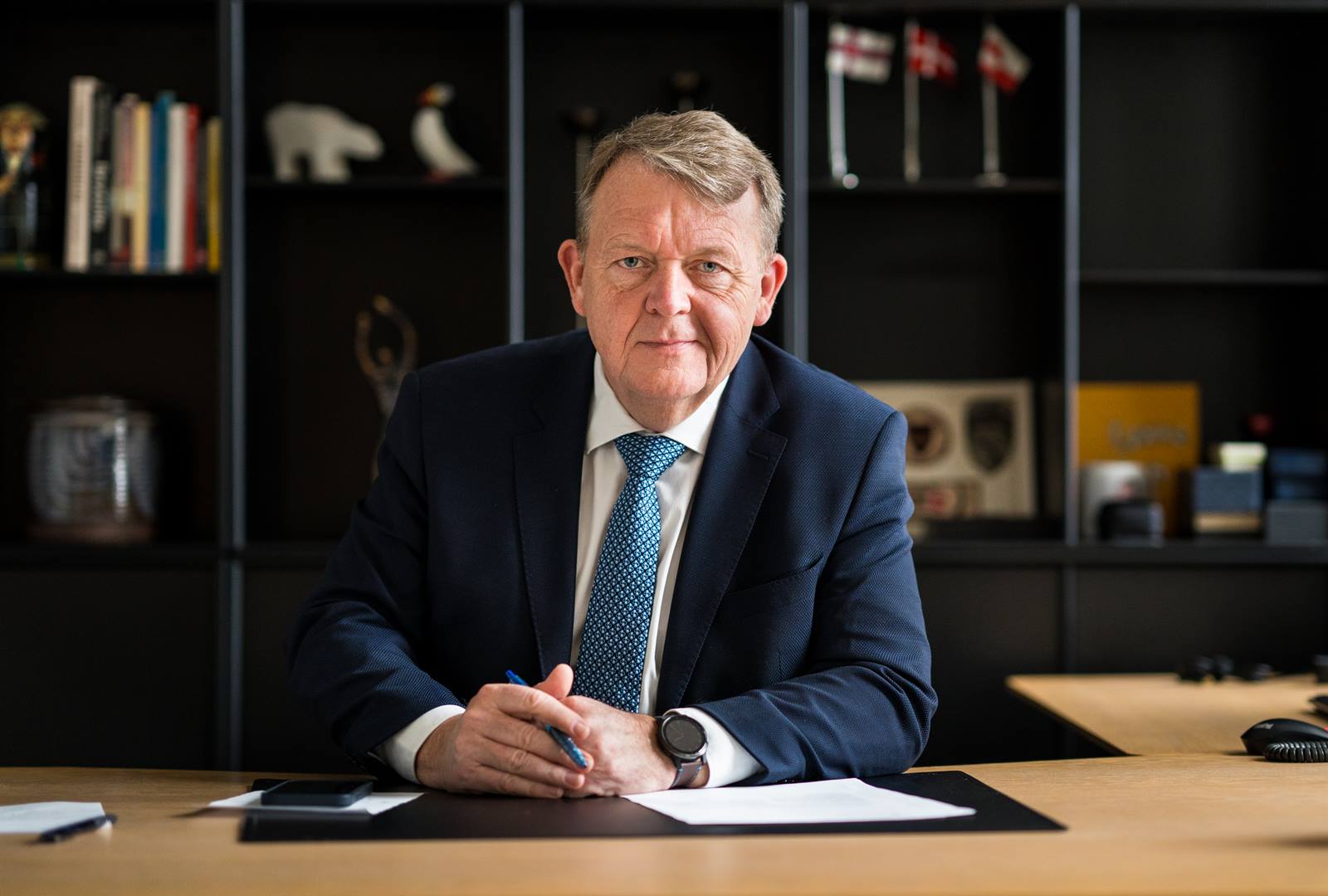 Lars Løkke Rasmussen – Photo: Kristoffer Jonsson/Udenrigsministeriet
Lars Løkke Rasmussen – Photo: Kristoffer Jonsson/Udenrigsministeriet
Danish Foreign Minister Travels to China for High-Level Talks on Cooperation and Global Concerns
Danish Foreign Minister Lars Løkke Rasmussen is traveling to China in the coming days to, among other things, meet with Chinese Foreign Minister Wang Yi.
This marks the first time Lars Løkke Rasmussen is visiting China as the foreign minister. The journey begins in Shanghai on August 16-17. During this time, the foreign minister will meet with Danfoss and other Danish companies present in the Chinese market within Danish areas of strength. The foreign minister will also meet with the Communist Party Secretary of Shanghai.
The journey continues to Beijing on August 17-18. Here, the meeting between the foreign ministers of the two countries will take place, where global security and a new green work program are among the topics on the agenda. Lars Løkke Rasmussen will also meet with Chinese Minister of Commerce Wang Wentao and Vice President Han Zheng.
Foreign Minister Lars Løkke Rasmussen stated:
-“China is the world’s largest economy in terms of purchasing power and the largest emitter of CO2. At the same time, China plays an important role in world politics. So we need to engage with China, even though we don’t see eye to eye on all issues,” says Lars Løkke Rasmussen and continues:
-“I hope to launch a new work program with the Chinese Foreign Minister, focusing on common interests such as climate, energy, environment, and health. I will also raise Russia’s aggression towards Ukraine. Putin listens when the Chinese government speaks. And as a permanent member of the UN Security Council, China has a special responsibility to actively engage in peace dialogue to stop the war in Ukraine. I will also address the human rights situation in places like Xinjiang, Hong Kong, Tibet, and the escalating situation around Taiwan in the meeting.”
Denmark entered into a strategic partnership agreement with China in 2008. As a follow-up, the two countries established a work program in 2017 in various areas they aimed to collaborate more closely on. The work program expired in 2020, and negotiations have been ongoing since then to establish a new one.

